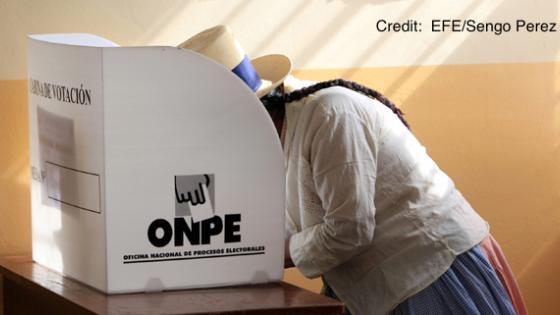DP18515 The Effect of Childhood Environment on Political Behavior: Evidence from Young U.S. Movers, 1992-2021
We ask how childhood environment shapes political behavior. We measure young voters’ participation and party affiliation in nationally comprehensive voter files and reconstruct their childhood location histories based on their parents’ addresses. We compare outcomes of individuals who moved between the same origin and destination counties but at different ages. Those who spend more time in the destination are more influenced by it: Growing up in a county where their peers are 10 percentage points more likely to become Republicans makes them 4.7 percentage points more likely to become Republican themselves upon entering the electorate. The effects are of similar magnitude for Democratic partisanship and turnout. These exposure effects are primarily driven by teenage years, and they persist but decay after the first election. They reflect both state-level factors and factors varying at a smaller scale such as peer effects.


